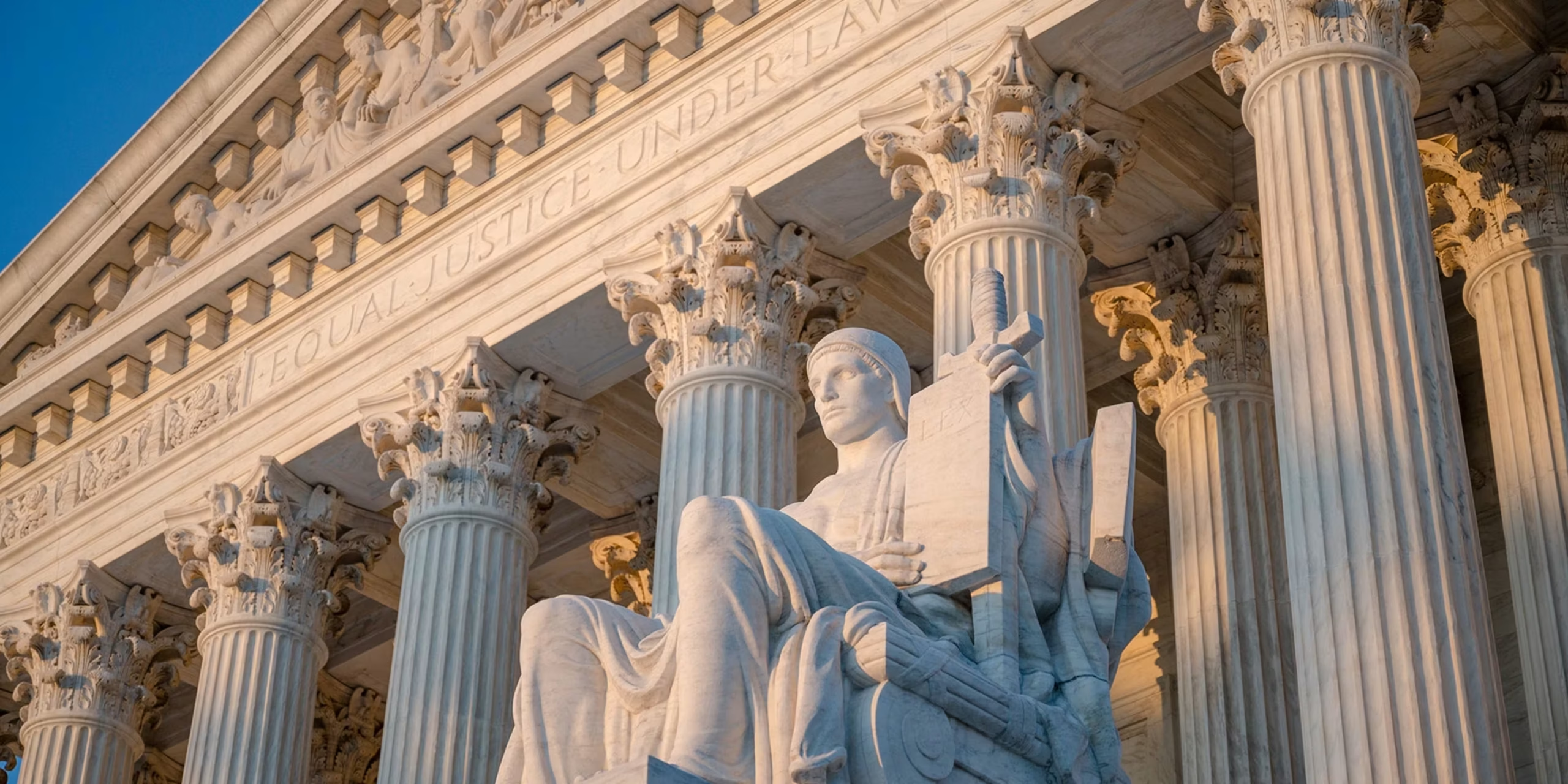Ruling focuses on judicial reach, not on the substance of citizenship order
In a 6-3 decision, the U.S. Supreme Court ruled Friday that federal courts should limit nationwide injunctions, granting a request from former President Donald Trump’s administration. The decision did not address whether Trump’s executive order regarding birthright citizenship is constitutional but focused on the legal reach of lower courts.
The case arose from Trump’s executive order asserting that children born in the U.S. to parents who are undocumented or on temporary visas should not automatically receive citizenship.
Majority opinion and legal consequences
Justice Amy Coney Barrett, writing for the majority, argued that broad injunctions “likely exceed the equitable authority granted by Congress to federal courts.” As a result, the Court partially stayed lower court orders, allowing only the relief necessary for plaintiffs with legal standing.
The ruling directs lower courts to revisit their broader decisions “with principles of equity” and delays the enforcement of the executive order for 30 days, allowing time for further legal action.
Dissenting opinion and legal background
The Court’s three liberal justices dissented. Justice Sonia Sotomayor, writing on their behalf, criticized the administration’s approach to limiting injunctions, claiming it disregards historical and equitable precedent in providing relief to affected individuals beyond the named plaintiffs.
Immigrant advocacy groups and 22 states had challenged the executive order. Federal district courts declared it invalid and issued nationwide injunctions preventing its enforcement.
Though procedural in nature, the ruling reignites debate over the interpretation of the 14th Amendment. Enacted in 1866, it states that all persons born or naturalized in the U.S. are citizens, regardless of their parents’ legal status. This interpretation has remained unchanged for over 150 years.



